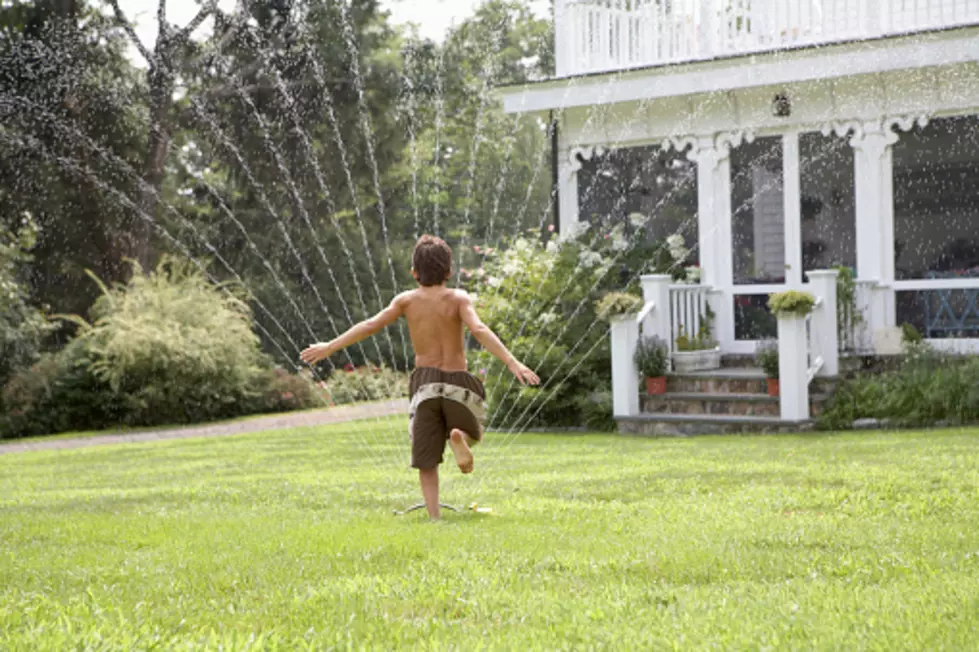
Illinois’ Wasps Are Everywhere-Here’s Why You Shouldn’t Kill Them
I have very little trouble admitting that I've killed more than a few wasps in my time. I've always had a live and let live relationship with bees, but wasps have always been on my kill-on-sight list.
I even went so far as to order the most souped-up electric bug-zapping racket I could find on Amazon. This thing is a one touch-one corpse gadget, and it has left a pile of wasp bodies in its wake, let me tell you. I also added the salt shooting "Bug-A-Salt" gun to my backyard arsenal. Think of it as a shotgun that fires table salt that obliterates insect pests.
It Turns Out That Wasps Do A Lot Of Good. Really.
So what good are these things that offer up painful stings, build nests under our eaves and decks, and seemingly do little else besides buzz around you and your family while you're trying to enjoy a night on the patio?
A piece up at ThoughtCo.com says that wasps of all sorts offer some great ecological benefits like "pollination, predation, and parasitism." I know what the first two are, but the last one sounds like a word that describes many politicians.
Wasps are apparently interested in more things than just stinging us:
For instance, paper wasps carry caterpillars and leaf beetle larvae back to their nests to feed their growing young. Hornets provision their nests with all manner of live insects to sate the appetites of their developing larvae. It takes a lot of bugs to feed a hungry brood, and it's through these needs that both hornets and paper wasps provide vital pest control services.
So, wasps handle some of the much-needed pollination jobs, and they kill and eat all sorts of pests like caterpillars, spiders, and aphids. However, they are temperamental and territorial, and will happily sting you.
I'm not going to apologize for the ones I've "removed from the game," but maybe I might not be so quick to grab my zapping racket and Bug-A-Salt gun in the future.
LOOK: 20 of the biggest insects in the world
LOOK: 20 of the strangest natural phenomena in America
More From WROK 1440 AM / 96.1 FM









